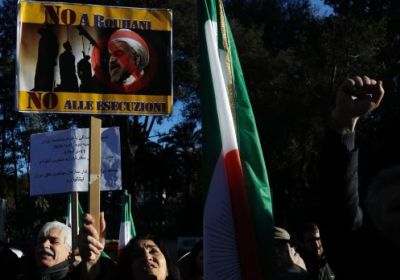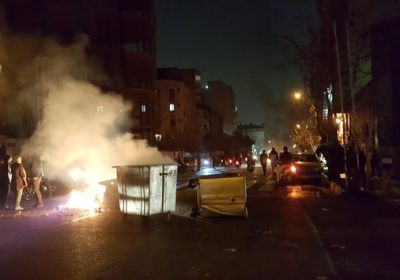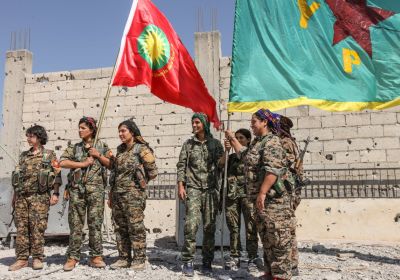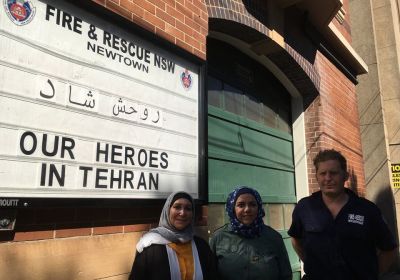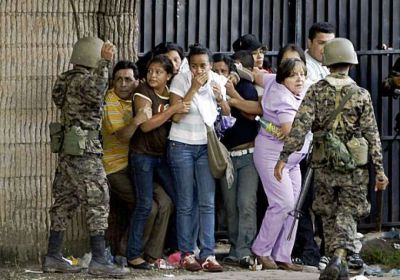-
-
-

The world media’s attention has focused on the very real humanitarian crisis gripping hurricane-ravaged nations in the Caribbean and regions of the United States, but the “world’s worst humanitarian catastrophe” (in the words of The New York Times in August) is in Yemen.
-
-
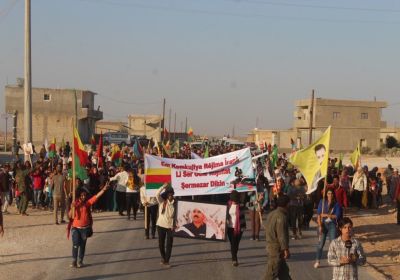
Mass protests and strikes have erupted across Rojhilat (Iranian Kurdistan) since September 3, following the killing of two kolbers (cross-border porters who transport merchandise) by Iranian border guards the previous day. The Iranian regime has responded by militarising the area, attacking protests with security forces and pro-government thugs and making mass arrests.
Several Iranian Kurdish organisations and political parties have supported the uprising. They have called for unity between political forces in Rojhilat and with other progressive movements in Iran.
-
-
-
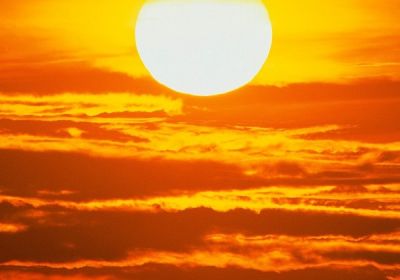 Temperatures across the Middle East this week have soared in an unprecedented heat wave, forcing residents to stay indoors. In the Iranian city of Basrah, located in the epicentre of the heat wave, temperatures exceeded 48°C for the seventh day in a row on August 1. On the same day, the Iraq capital of Baghdad sweltered through its fourth consecutive day of temperatures higher than 48 degrees. Governments from both countries have been forced to declare public holidays to protect people from the sweltering temperatures.
Temperatures across the Middle East this week have soared in an unprecedented heat wave, forcing residents to stay indoors. In the Iranian city of Basrah, located in the epicentre of the heat wave, temperatures exceeded 48°C for the seventh day in a row on August 1. On the same day, the Iraq capital of Baghdad sweltered through its fourth consecutive day of temperatures higher than 48 degrees. Governments from both countries have been forced to declare public holidays to protect people from the sweltering temperatures. -
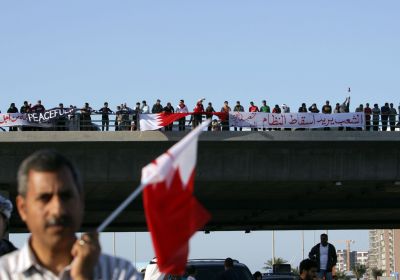
In 2011, when a wave of protest and rebellion swept the Arab world, the monarchical states making up the Gulf Cooperation Council (GCC) were not exempt from the unrest.`
-
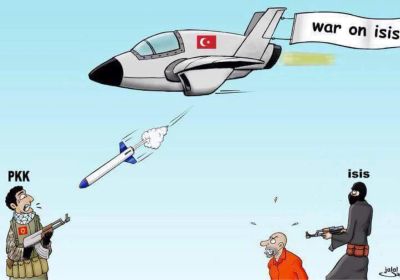
Turkey has “joined the war against ISIS”, according to US politicians and the corporate media after a July 23 deal between the US and the Turkish government. The deal gives US war planes and drones access to Turkey's Incirlik airbase from which to conduct air strikes in Syria and Iraq.
-

The deal between the five permanent members of the UN Security Council and Iran over the latter’s nuclear program lifts an ominous shadow from a region already ravaged by bloodshed and conflict.
-
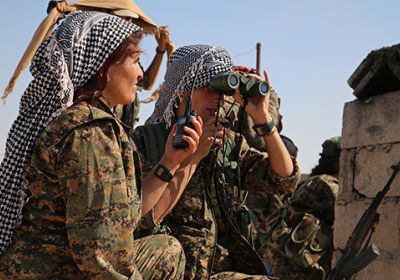
The “Islamic State” (IS) terror group attacks in Tunisia, Kuwait and France have grabbed global attention and condemnation. But the group's attack on Kobane in Rojava (Syrian Kurdistan) — and the fierce resistance — has been largely ignored.
Iran
Iran
